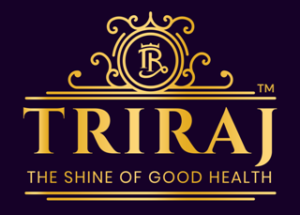“Basmati” is long grain aromatic rice grown for many centuries in the specific geographical area, at the Himalayan foot hills of Indian sub-continent, blessed with characteristics extra- long slender grains that elongate at least twice of their original size with a characteristics soft and fluffy texture upon cooking, delicious taste, superior aroma and distinct flavor, Basmati rice is unique among other aromatic long grain rice varieties.
Basmati rice contains carbohydrates, protein, less fat, fiber, vitamins, and minerals. Compared with grain rice plain, basmati rice is low in calories But, Not only has a good aroma; basmati rice also has good nutritional value
- Calorie. A serving about 3/4 cup basmati rice contains 150 calories. Most of the calories come from carbohydrates basmati rice, a fraction of fat and protein. Brown basmati rice that has not been milled to contain more fat, protein, compared with white basmati rice
- Carbohydrate. Serving basmati rice contains 35 grams of carbohydrates, which are mostly found in the bran of wheat and white flour.
- Fat. As stated earlier, the rice are low-fat, low-cholesterol foods. Most of the fat content is very minimal which is located in wheat germ, which wastes during the milling process.
- Protein. We know that Rice do not have many proteins, only about 3 g per serving. But it’s a little rice protein containing valuable benefits. Protein from basmati rice contains eight essential amino acids. Basmati containing 10 percent RDA for protein per cup of rice.
- Vitamins and Minerals. Basmati rice contains thiamin and niacin, vitamin B that very valuable for metabolism. A serving also contains 6% of your iron daily value. A cup of basmati rice provides 15 percent of the RDA for niacin, essential for proper blood circulation and digestion. Vitamin B6 helps the body’s metabolic functions and can prevent cardiovascular disease. Vitamin B1 ensures red blood cells healthy and helps the normal functioning of the nervous system. Riboflavin, Pantothenic acid (also called vitamin B5), Folic acid and biotin supplement your vitamin B requirements. Other vitamins including vitamin E antioxidant, vitamin K for blood clotting, and iron for red blood cell maintenance.
- Other Nutrient. Magnesium deficiency may contribute to muscle cramping pressure and high blood pressure. a cup of cooked basmati containing magnesium 21 percent RDA. Other minerals found in a cup basmati rice including calcium 19.50 mg, potassium 83.85 mg, copper 0.20 mg, and zinc 1.23 mg.






